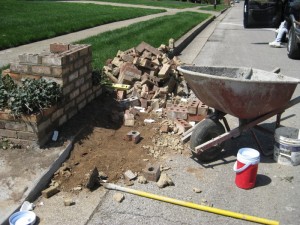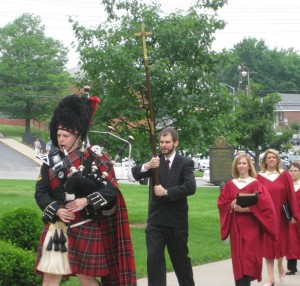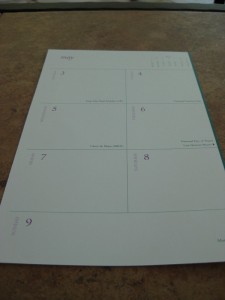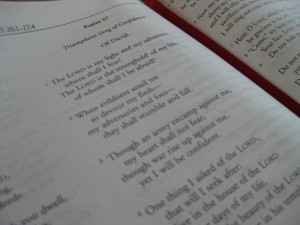The rush of wind and tongues of flame in the story of Pentecost are powerful symbols of transformation. The drama of the Christian story breaks into flame, and a bewildered body of believers is energized and empowered to become the church. It’s a moment of incredible intensity, but the story doesn’t end at that crescendo. In real life, it never does.
We celebrated Pentecost on Sunday, honoring the power and presence of the spirit in myriad manifestations then and now. But on Monday, the church simply entered the season of ordinary time.
Fire creates a drama that’s tough to follow, and the liturgical calendar makes no attempt to top it. The high seasons of Lent and Eastertide have passed, the liturgical purple, white and gold, and red are folded and put away. Through the remainder of spring and summer, and well into the fall, the church wears green—the color of life and growth. It’s time to move into a growing season that unfolds in its own time, yielding the fruit that the coming days will nourish. Whether it’s in the church year or in our individual lives, growth is manifest in ordinary time.
The drama wanes in the return to everyday life. When tongues of flame set us alight, we know there’s something happening. We’re part of something big, and life is exciting. When we’re merely a vine trying to put out a new leaf, the work is hard and the audience is gone.
The return to ordinary time is like the lesson from a Zen master—Before enlightenment: chop wood, carry water; After enlightenment: chop wood, carry water. Our spiritual life may change, but ordinary chores remain. We may awaken to a richer reality, but we live out that new perspective in this world—the only one we have.
A vision of what life might be depends on the work of carrying it out. The miracle of transformation is only experienced when it is lived. Transcendence can be visited upon us in a moment, but following through in the world takes time and strength.
Moses came down from the mountain to the mess that his people had made, and he led them to a better life. Though Peter encouraged Jesus to dwell on the mountain of his transfiguration, he returned to his ministry and made the journey to Jerusalem and the cross. Mountaintop moments come to fruition when we return to daily life.
When the Holy Spirit blew into the lives of Jesus’ followers, it was through the hole in their world left by his departure. It blows into our lives, too, through openings we may not even realize are there. Its arrival may not be dramatic, and its presence may be subtle. But it abides where it matters—in ordinary time.
What happens next?







